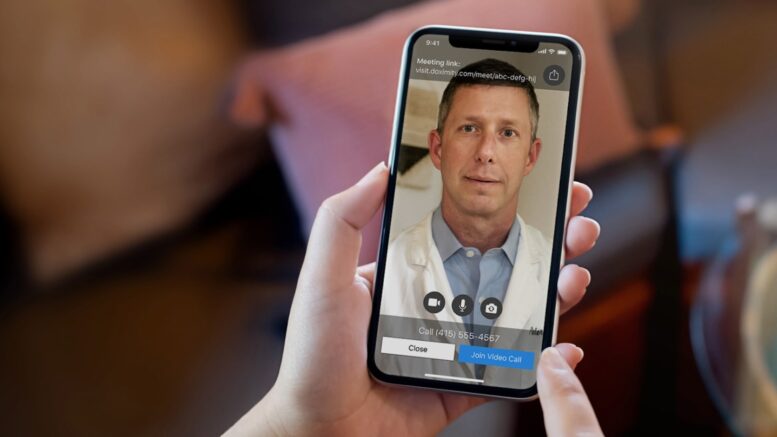Telemedicine has revolutionized the way we approach healthcare, making significant strides in accessibility and efficiency. Imagine a world where medical advice and consultation are just a click away. That’s the reality telemedicine has introduced.
The Rise of Telemedicine
Rewind a few decades, and the concept of telemedicine seemed like a futuristic fantasy. Today, it’s a vital component of healthcare systems worldwide. This surge can be attributed to advancements in technology and a shift in patient expectations.
The Convenience Factor
In an era where convenience is king, telemedicine offers unparalleled access to healthcare services. I remember a friend, living in a rural area, who had to drive for hours to see a specialist. With Telemedicine Georgia, similar scenarios are becoming obsolete. Patients can now have consultations from the comfort of their homes.
Breaking Down the Technology
At its core, telemedicine relies on digital communication tools to facilitate healthcare. Video conferencing, secure messaging, and data-sharing platforms are the backbone of this system. These technologies ensure a seamless and secure exchange of medical information.
Security and Compliance
The security of patient data in telemedicine is paramount. Regulations like HIPAA in the U.S. mandate strict adherence to data protection norms. Telemedicine platforms invest heavily in securing patient information, ensuring confidentiality and trust.
The Impact on Specialist Access
Telemedicine has notably bridged the gap between patients and specialists. In the past, accessing a top-tier specialist often meant geographical and financial hurdles. Telemedicine eliminates these barriers, democratizing access to quality healthcare.
Real-Life Impact
Take, for example, a patient needing a rare disease specialist. Previously, this might have involved long-distance travel. Telemedicine brings the specialist’s expertise directly to the patient’s device, regardless of location.
The Role in Chronic Disease Management
Chronic diseases require continuous monitoring and management. Telemedicine facilitates this by enabling regular virtual check-ups and remote monitoring. Patients with conditions like diabetes or heart disease can receive consistent care without frequent hospital visits.
A Case Study
Consider a diabetes patient who uses telemedicine for regular consultations. Through remote monitoring, their doctor adjusts medication and diet plans promptly, improving health outcomes.
Telemedicine in Mental Health
Mental health services have seen a significant boost through telemedicine. It provides a discreet and accessible way for patients to seek help. The stigma associated with visiting a mental health clinic is reduced, encouraging more people to seek care.
Personal Stories
I’ve heard numerous accounts of individuals who found it easier to start therapy because of telemedicine. The comfort of being in their own space makes a huge difference in their willingness to engage in therapy.
The Economic Aspect
Telemedicine is cost-effective, both for healthcare providers and patients. It reduces the need for physical space and administrative resources for providers. For patients, it cuts down on travel expenses and time off work.
Cost-Benefit Analysis
From an economic standpoint, telemedicine presents a win-win situation. Reduced overheads for healthcare providers and decreased indirect costs for patients create a more efficient healthcare economy.
Future Developments
The future of telemedicine looks promising. With ongoing technological advancements, we can expect more innovative solutions. AI and machine learning are set to play a significant role, potentially enabling predictive healthcare.
The Road Ahead
Incorporating AI could mean early detection of health issues through pattern recognition. The potential for telemedicine to not just treat but preemptively address health concerns is immense.
Conclusion
Telemedicine is not just a temporary trend; it’s a fundamental shift in healthcare delivery. It stands at the intersection of technology and patient care, offering a future where quality healthcare is accessible to all. As we move forward, telemedicine will continue to evolve, reshaping the landscape of medicine as we know it. Telemedicine is certainly a game-changer, offering a glimpse into the future of healthcare.
Telemedicine isn’t just a service; it’s a transformation in the healthcare experience, one that promises efficiency, accessibility, and a patient-centric approach.
